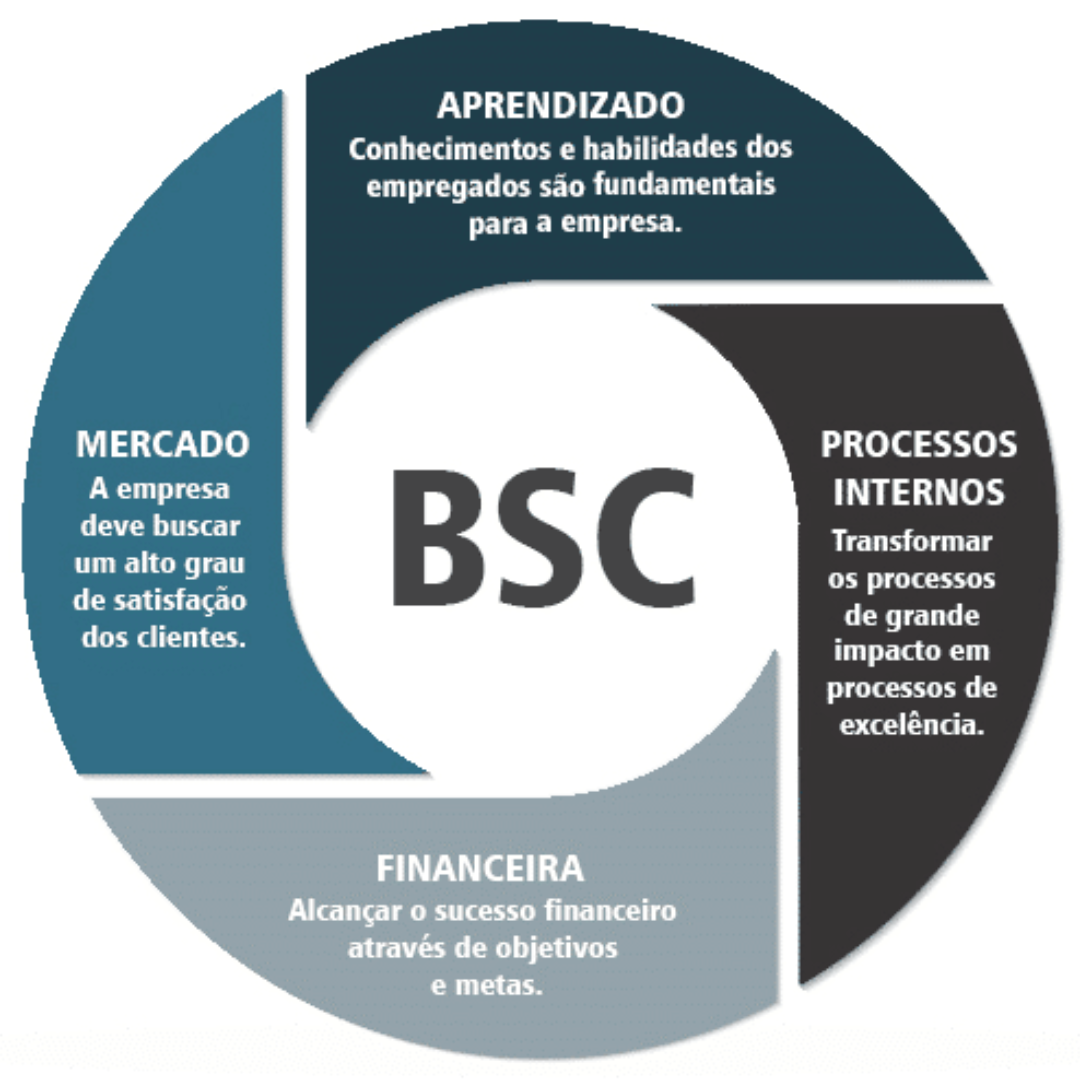Choosing the right Bachelor of Science (BSc) course can significantly impact your career trajectory. Whether you aspire to dive into research, work in industries, or pursue higher education, aligning your interests with your career goals is crucial. In this comprehensive guide, we’ll walk you through how to evaluate, compare, and decide on the best BSc course tailored to your future aspirations.
Understanding the Scope of a BSc Degree
A BSc degree is a versatile program offering deep knowledge in science, technology, and related fields. Common specializations include:
- BSc in Computer Science: For careers in IT and software development.
- BSc in Biotechnology: Ideal for research and pharmaceuticals.
- BSc in Environmental Science: Focused on sustainability and conservation.
- BSc in Mathematics: Builds analytical and problem-solving skills for various industries.
The BSc full form is Bachelor of Science, and it serves as the foundation for technical expertise and advanced knowledge in specialized areas.
Factors to Consider While Choosing the Right BSc Course
1. Identify Your Interests and Strengths
Choosing a course that aligns with your passion ensures motivation and long-term satisfaction. Reflect on the subjects you excelled in during school. If coding excites you, consider BSc in Computer Applications. If biology interests you, explore BSc in Microbiology or BSc in Genetics.
2. Assess Career Opportunities
Research the job prospects associated with the BSc specialization. For instance:
- BSc in Data Science: High demand in big data analytics and AI.
- BSc in Forensic Science: Careers in criminal investigation and law enforcement.
A strong understanding of potential career paths will guide you toward courses with good employment prospects.
3. Consider the Curriculum
Evaluate the course structure. Does it include practical training, internships, or project work? A well-rounded curriculum can boost employability. Look for courses that offer exposure to emerging technologies, like artificial intelligence or nanotechnology.
4. Evaluate College Reputation and Infrastructure
Choose a college renowned for its science programs. Top institutions often provide:
- Quality laboratories and research facilities.
- Opportunities for internships and collaborations with industries.
- Strong alumni networks to guide your career.
5. Check Accreditation
Ensure the course and college are accredited by a recognized authority. Accreditation guarantees that the education meets national standards.
6. Future Academic Opportunities
If you plan to pursue higher studies, select a specialization that aligns with postgraduate programs or research. For example, BSc in Physics can lead to an MSc or a PhD in theoretical or applied physics.
Popular BSc Courses and Their Career Scope
1. BSc in Computer Science
- Key Subjects: Programming, data structures, and networking.
- Career Paths: Software development, IT consulting, and cybersecurity.
2. BSc in Biotechnology
- Key Subjects: Genetic engineering, biochemistry, and bioinformatics.
- Career Paths: Research scientist, biotechnologist, or pharmaceutical analyst.
3. BSc in Agriculture
- Key Subjects: Soil science, crop production, and agronomy.
- Career Paths: Agricultural officer, environmental consultant, or agribusiness manager.
4. BSc in Psychology
- Key Subjects: Cognitive psychology, behavioral science, and therapy techniques.
- Career Paths: Clinical psychologist, counselor, or HR specialist.
Questions to Ask Before Making a Decision
- Does the course align with my long-term goals?
A clear vision of where you want to be in the next five years can help narrow down choices. - What is the average placement record of the college?
Placement records indicate the employability of graduates from a particular institution. - What additional skills will I develop?
Look for programs that emphasize transferable skills like communication, teamwork, and critical thinking. - Does the course offer opportunities for specialization?
Specializations within a broader program can provide niche expertise for specific careers.
Advantages of Pursuing a BSc Degree
- Versatility: A BSc degree allows you to switch between industries like healthcare, technology, or education.
- Skill Development: Builds analytical, technical, and problem-solving skills.
- Research Opportunities: Many BSc courses encourage research and innovation, opening doors to advanced studies.
How to Make the Final Choice
- List Your Priorities
- Is location important to you?
- Do you prefer theoretical or practical learning?
- Consult Professionals or Alumni
Talking to current students or graduates can provide valuable insights into the program. - Attend Open Days or Workshops
Many colleges host events to showcase their programs. Use these opportunities to interact with faculty and students.
FAQs
Q1. What is the BSc full form?
The BSc full form is Bachelor of Science. It is an undergraduate degree focusing on science and technology disciplines.
Q2. Which BSc course has the highest demand?
BSc in Computer Science, Data Science, and Biotechnology are currently among the most sought-after courses.
Q3. Can I switch careers after completing a BSc?
Yes, many BSc graduates switch industries by pursuing additional certifications or higher education.
Q4. Is a BSc degree necessary for research?
Yes, a BSc provides foundational knowledge essential for research-oriented careers or advanced studies.
Conclusion
Selecting the best BSc course is a pivotal decision that influences your career and academic journey. By considering your interests, career goals, and the scope of different specializations, you can make an informed choice. Remember to explore the curriculum, college reputation, and opportunities available after graduation. With the right decision, a BSc degree can open up endless possibilities in both traditional and emerging industries.




